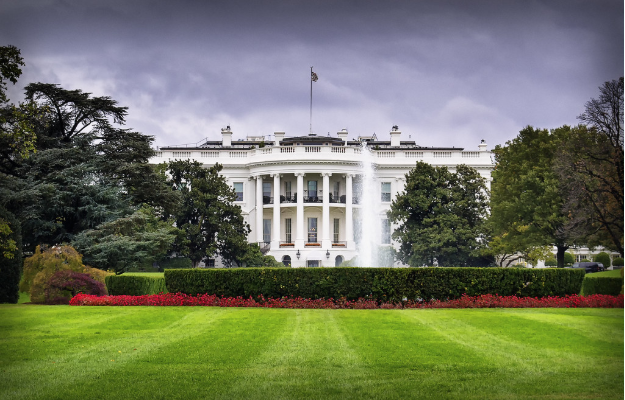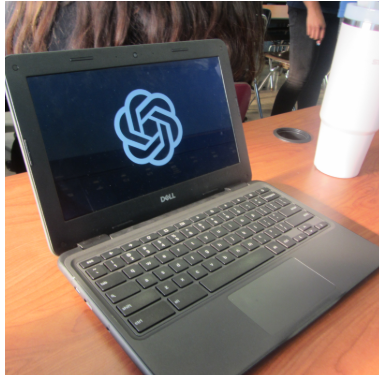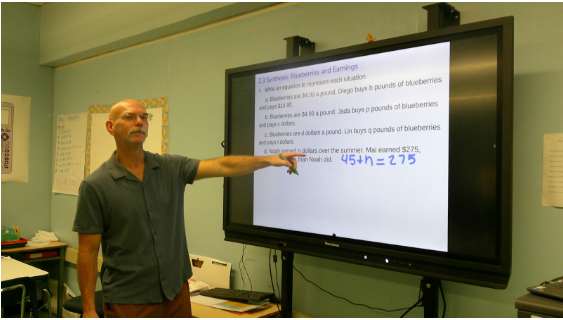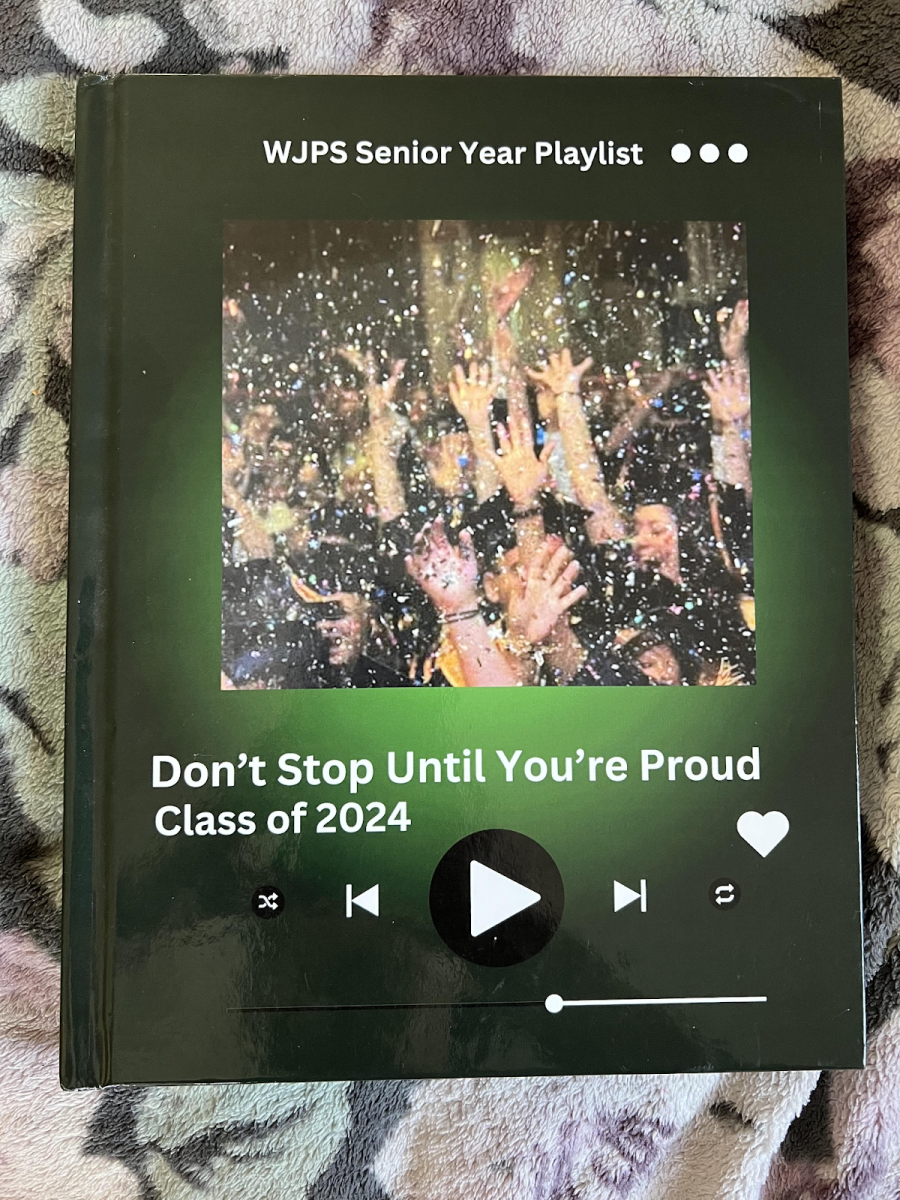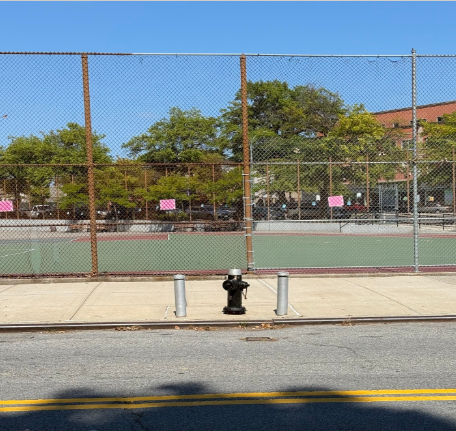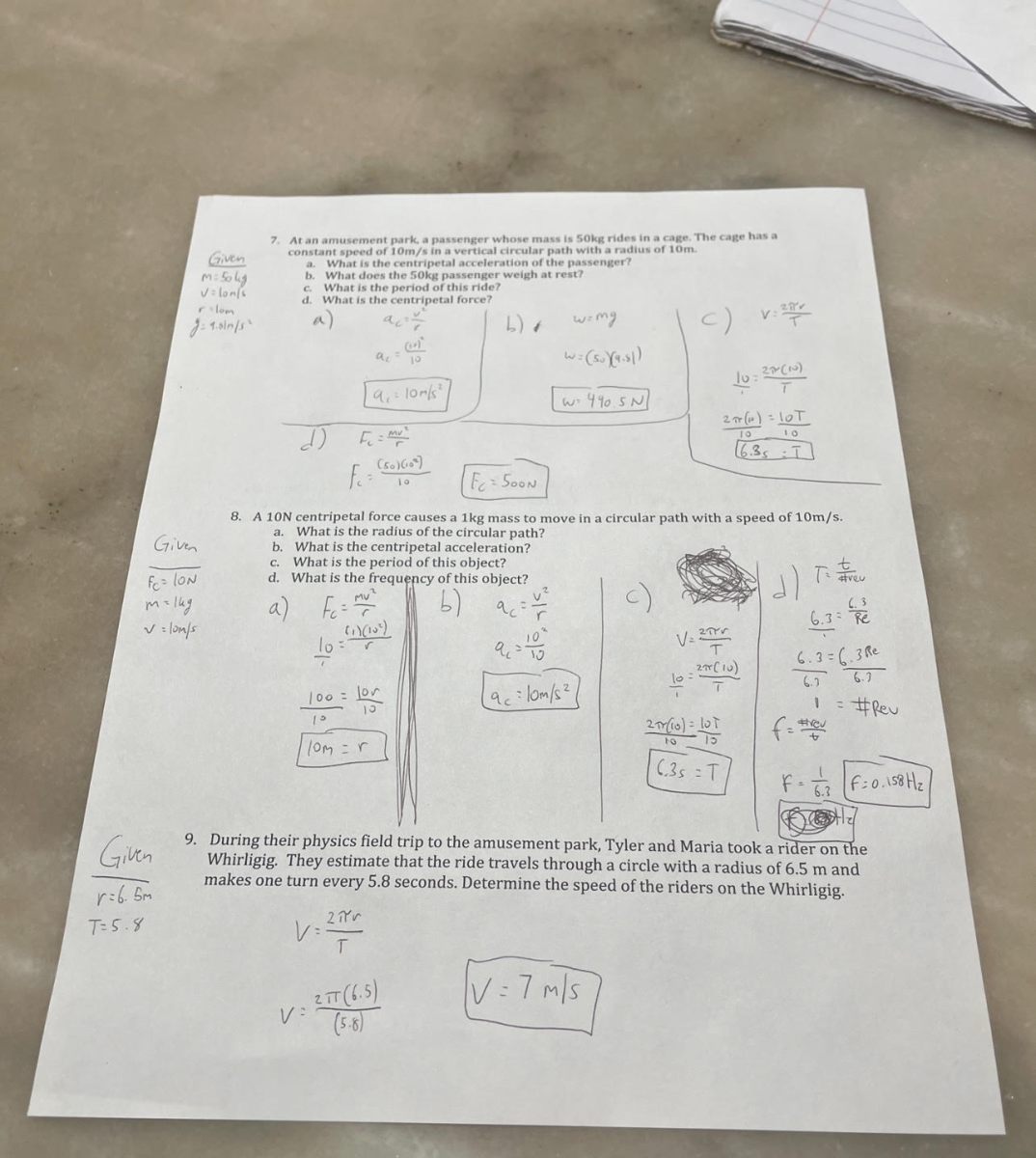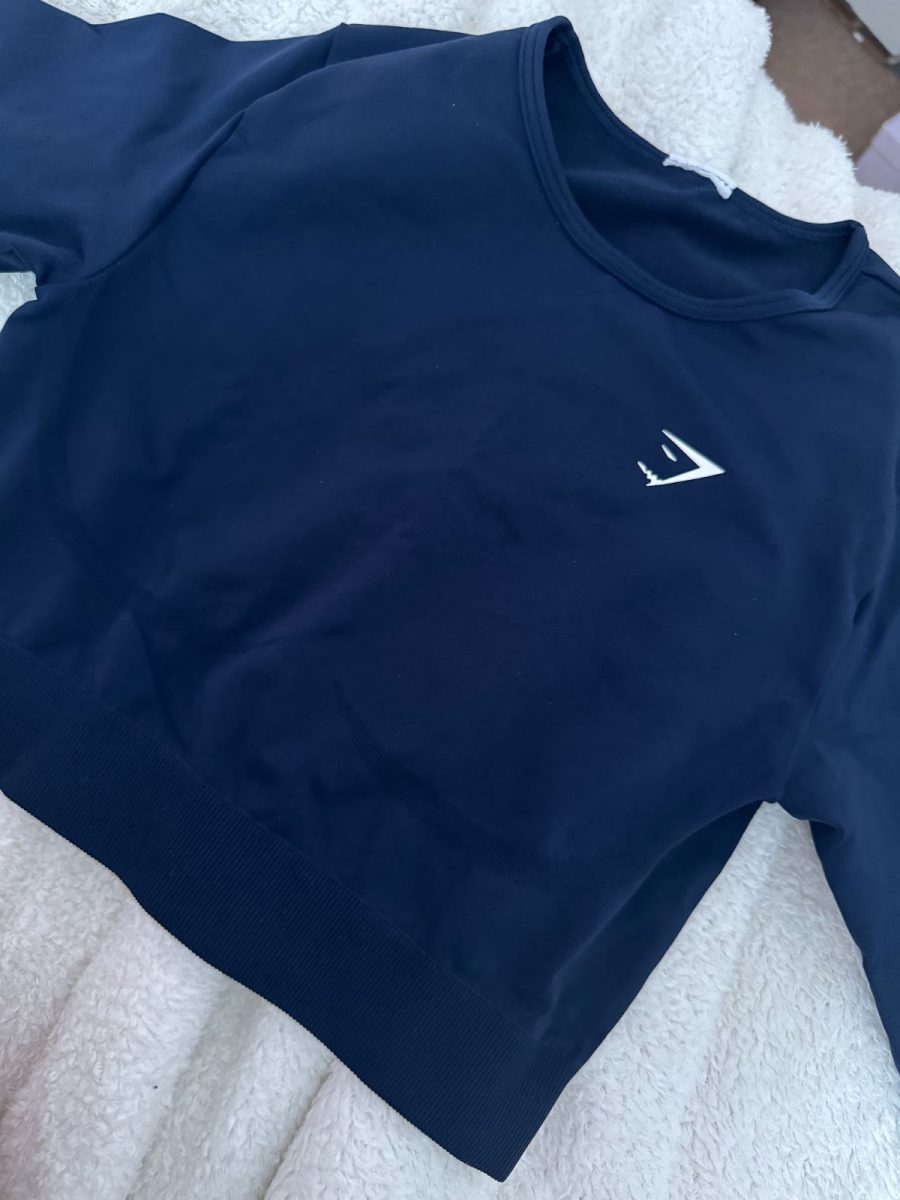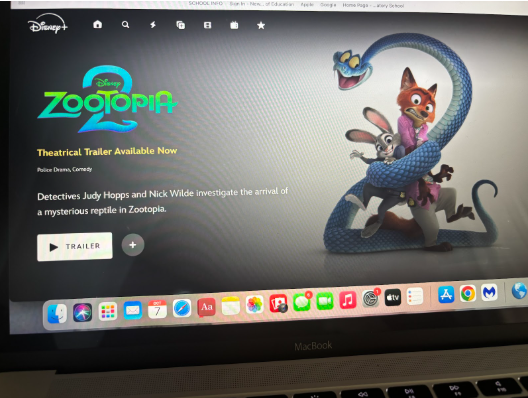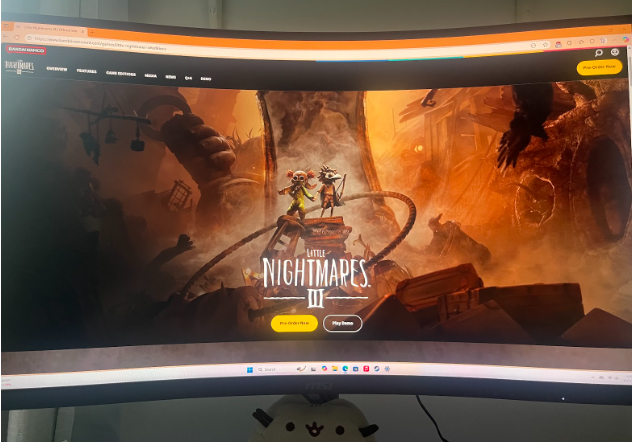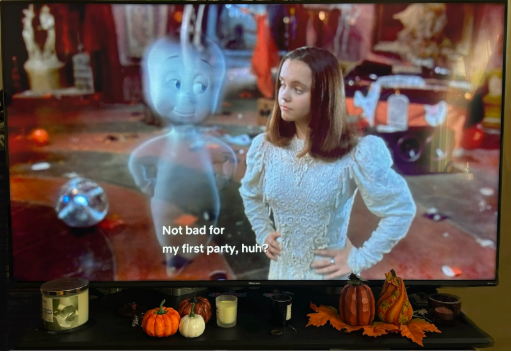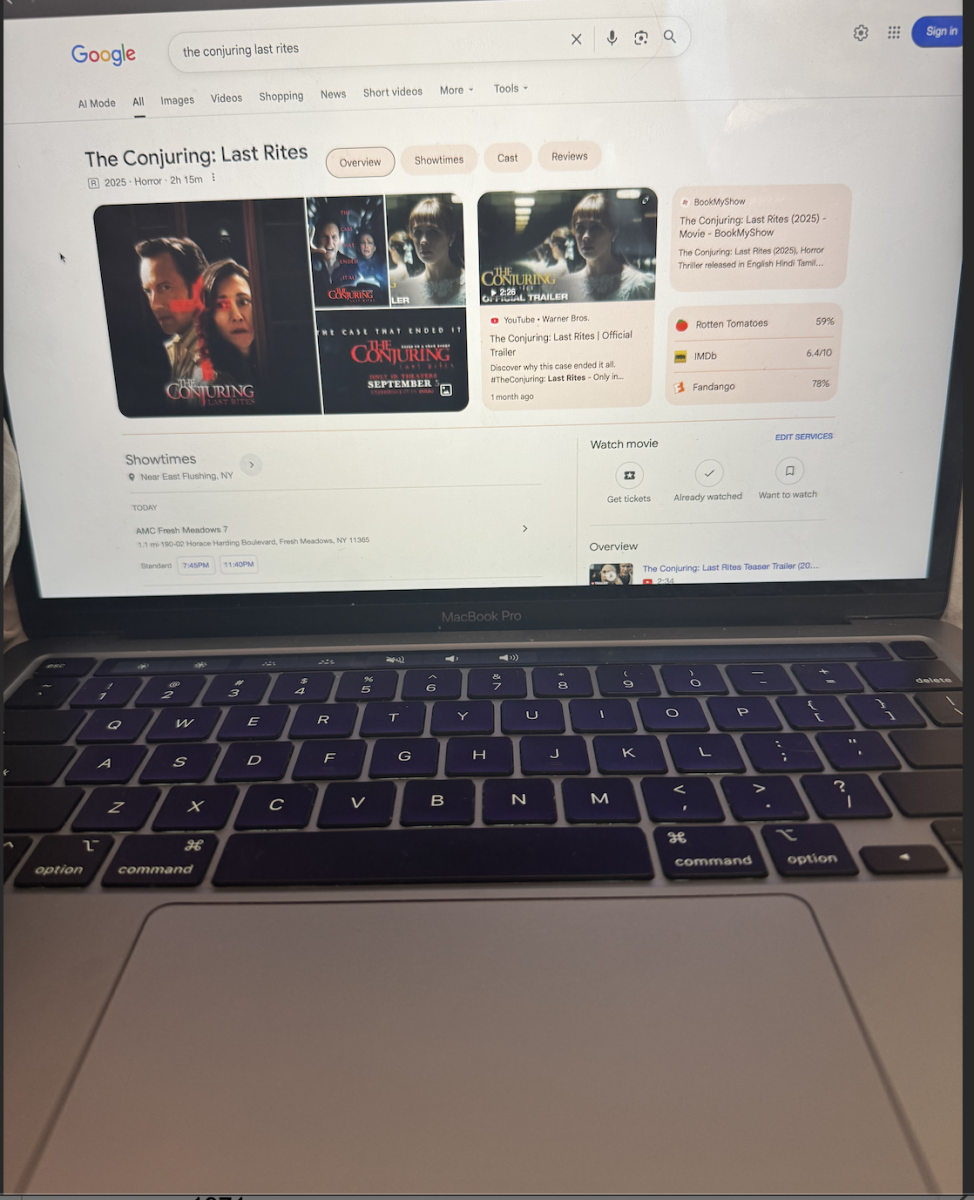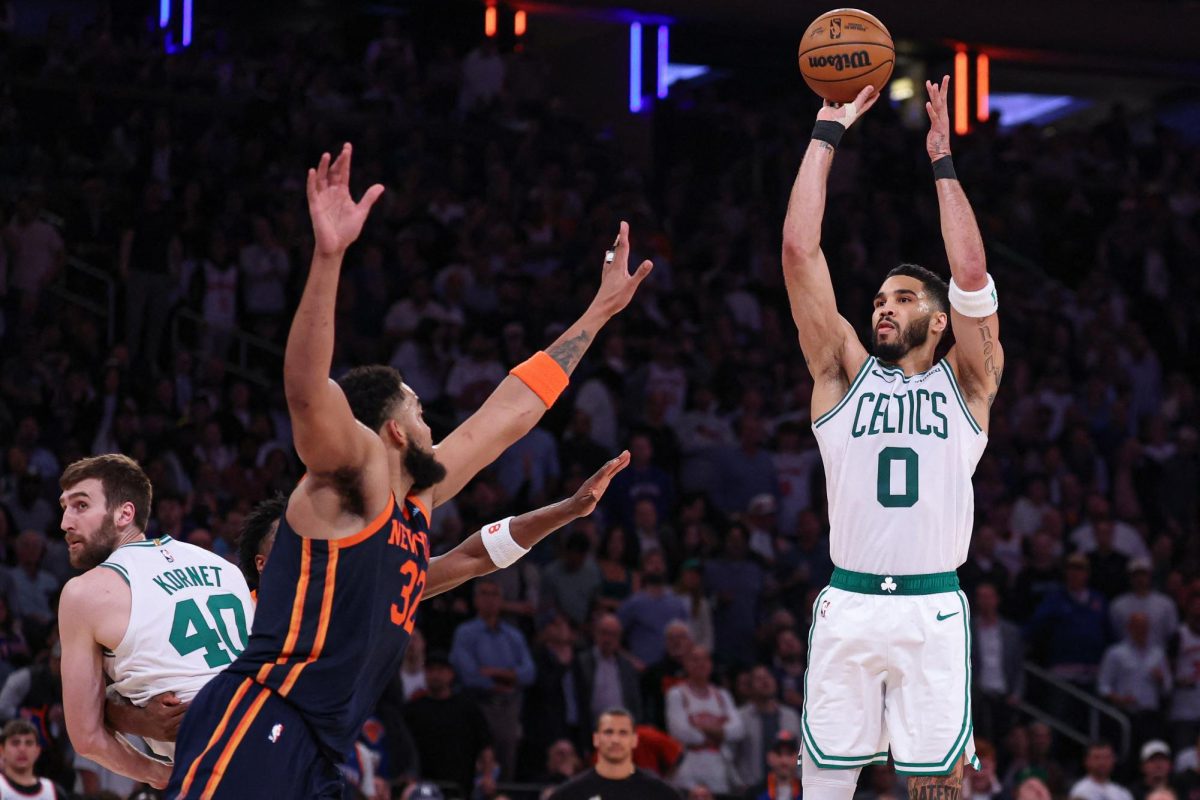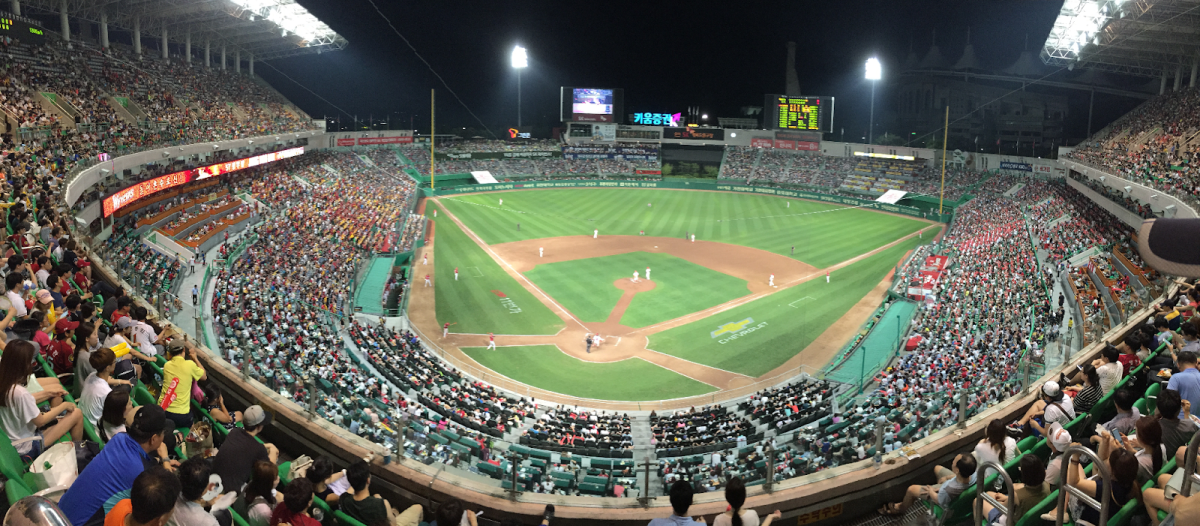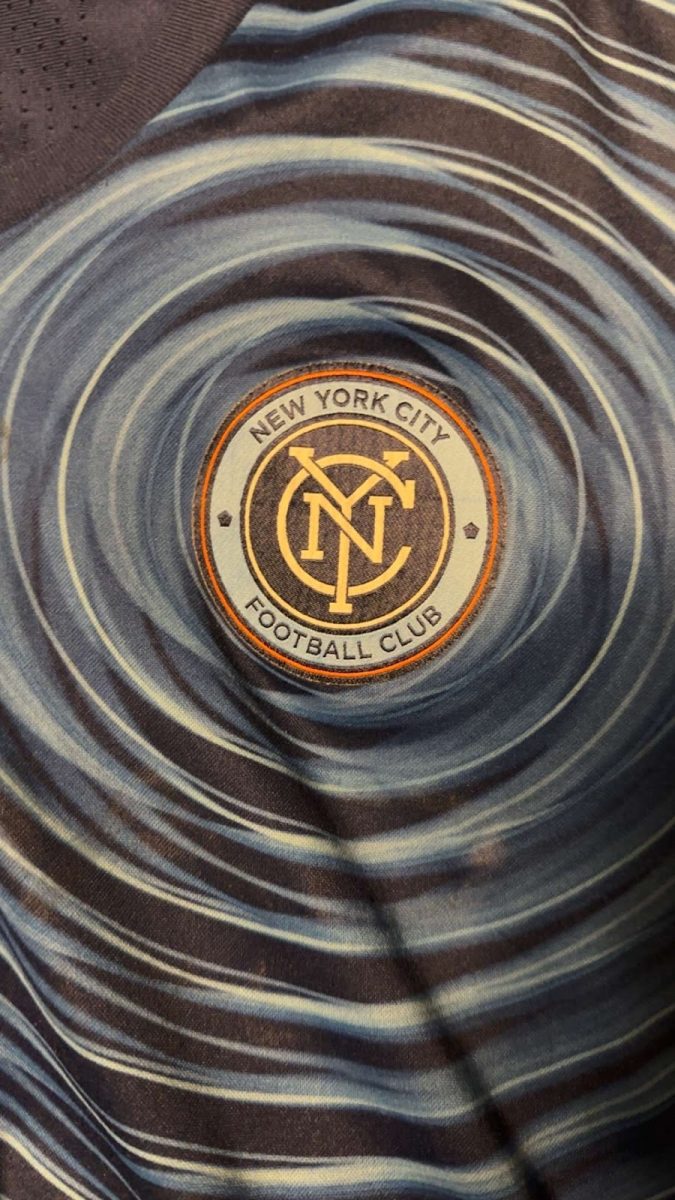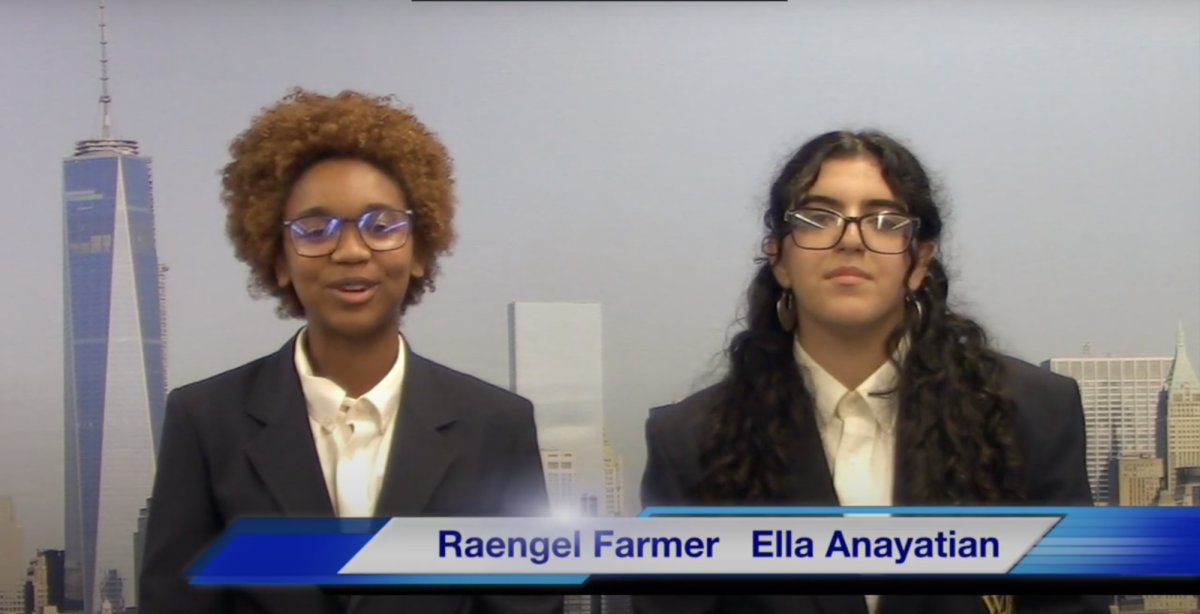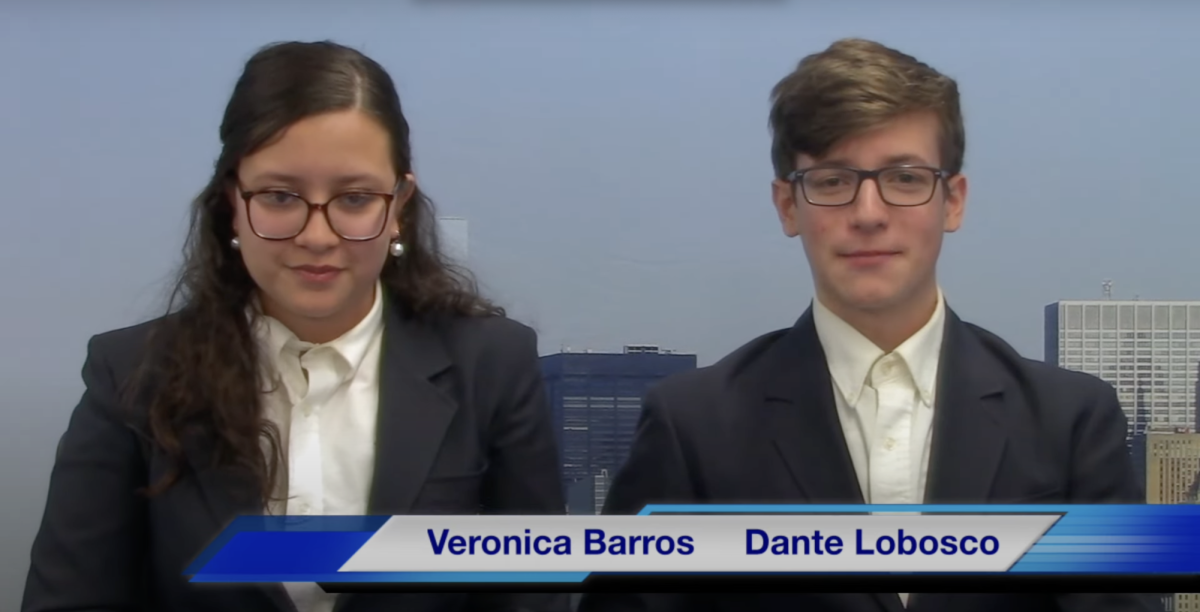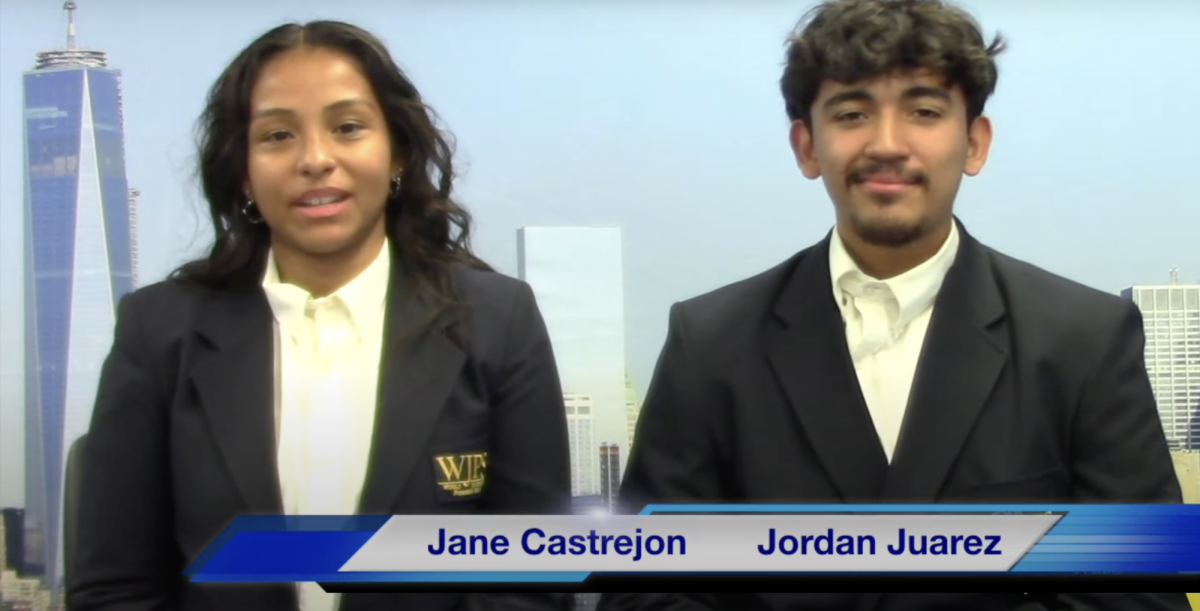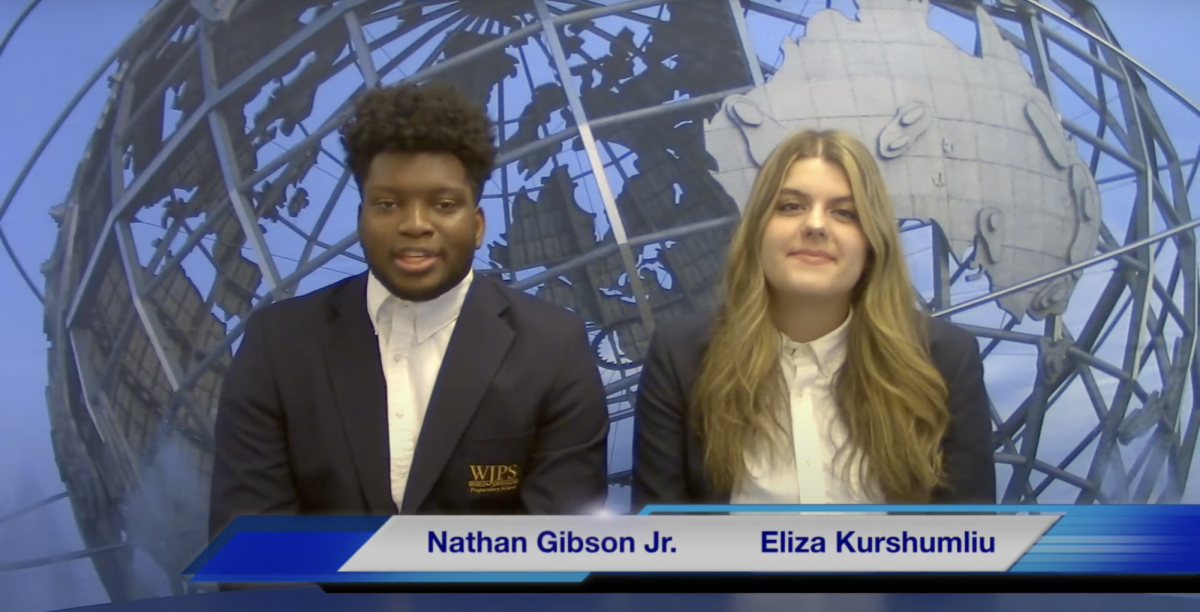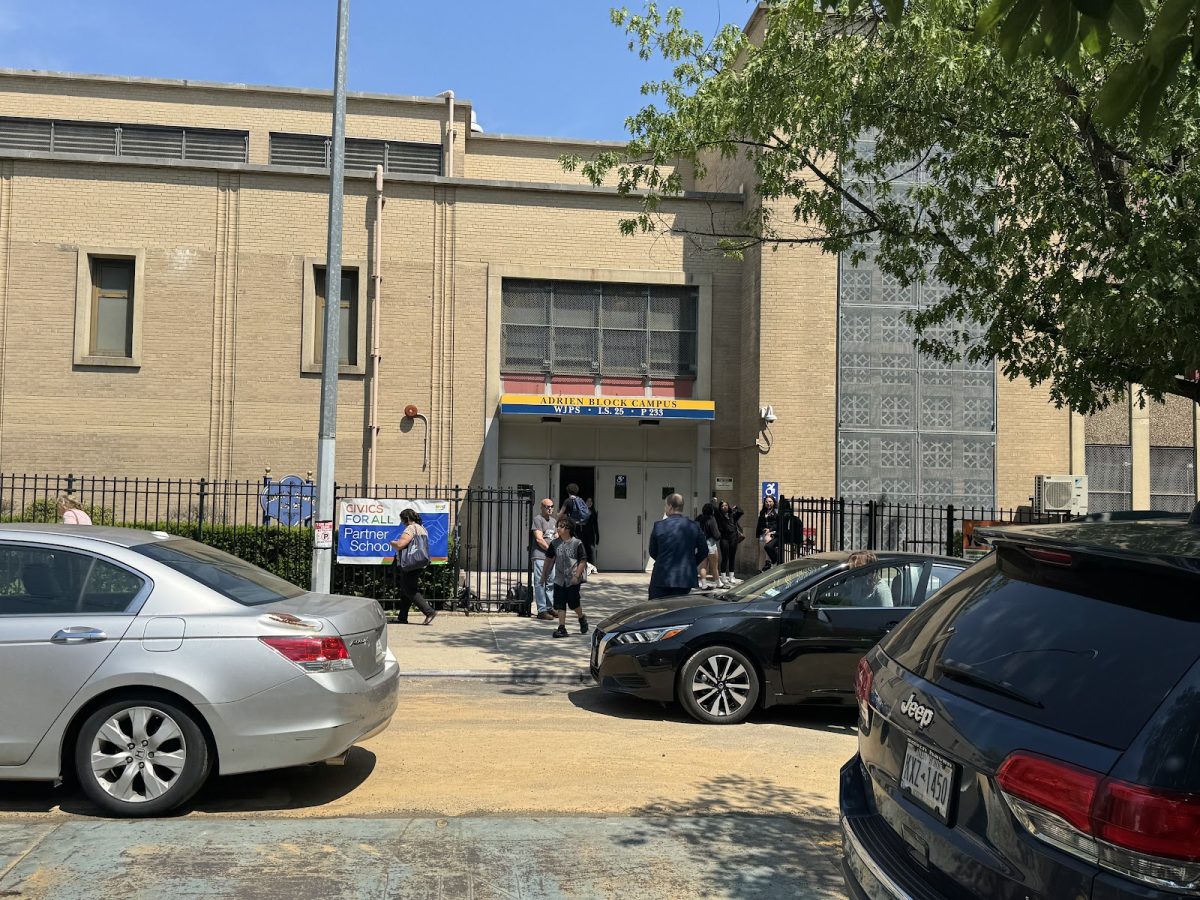
by Esther Animalu, staff reporter
Saggy jeans, loose-fitted hoodies, rugged footwear, a dark pigment and a slick hat tilted towards the side. This description alone is enough to alarm many police officers, and thus, cause them to suspect someone of committing an offense, due to the color of their skin. Racial profiling is becoming a growing epidemic for primarily African American and Hispanic males.
In October 2014, the ACLU Racial Justice Program and the ACLU of Massachusetts released a report, “Black, Brown and Targeted,” which described powerful new evidence of
Boston police officers, who engaged in racially biased police-civilian interactions. It included cases of stops and frisks by predominantly targeting Hispanics and African Americans.
The growing differences between minorities and white officers need to be mended. Racial bias is stimulating growing protests, preconceived notions, and tension over the lives of African American males.
“Although racial profiling exists, I don’t think that it is a huge problem. I feel that if people learn to respect and tolerate each other, instead of making false assumptions based on appearances, then society will be a much safer place,” senior Heylin Hiciano said.
An alternative way that the trust can be reestablished is by de-escalating encounters with the police and minorities, and also by treating all citizens with respect, even during arrests. Based on Louisiana Weekly.com, it is reported that, “48 (40% of 120) of police accounts explicitly cite ‘suspicious behavior or appearance’ or traffic violations as the reason for their attempt to detain the person [an African American or Hispanic] who they eventually killed.”
As cases upon cases of African American males being unjustly profiled by white officers increase, it raises concern and worry in the black and brown community.
“Racial profiling is a problem because people use stereotypes to judge other people, which is outrageous. There is a lot of gun violence in our society today, and people of darker complexions are usually the ones who are always targeted,” junior Alexia Kyriakakis said.
Documenting racial profiling is an uneasy process, since there’s a lot of loopholes to sweep this problem under the rug. Numerous people are questioning whether their brothers, uncles, fathers or even cousins could be the next victim in a high-profiled case, only because they fit into the stereotypical image of an African American or Hispanic in society.
An article written by LZ Granderson on CNN.com, stated that, “when you’ve been pulled over for no good reason as many times as I have; when you’ve been in handcuffs for no good reason as many times as I have; when you run out to buy some allergy medication and upon returning home, find yourself surrounded by four squad cars with flashing lights and all you can think about is how not to get shot, you learn not to trust cops.”
In order to rehabilitate trust towards the law, Hispanics and African Americans need to re-establish a stable and credible connection with white police officers.

